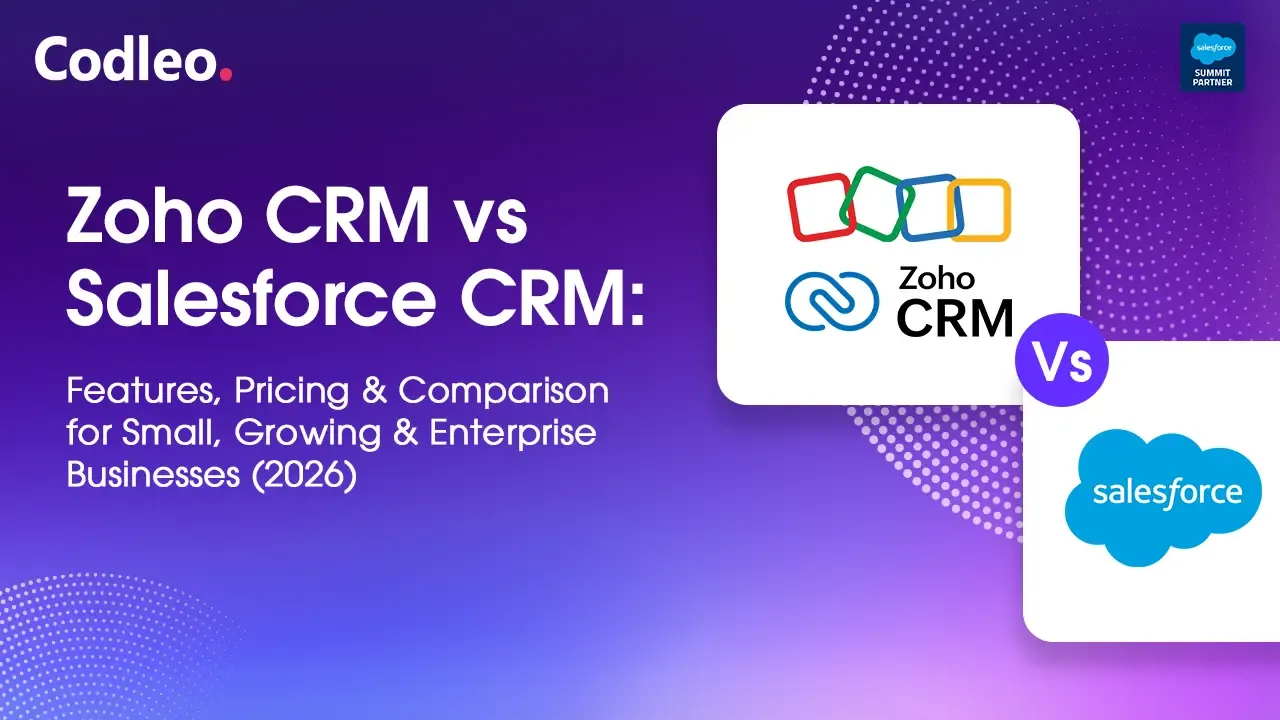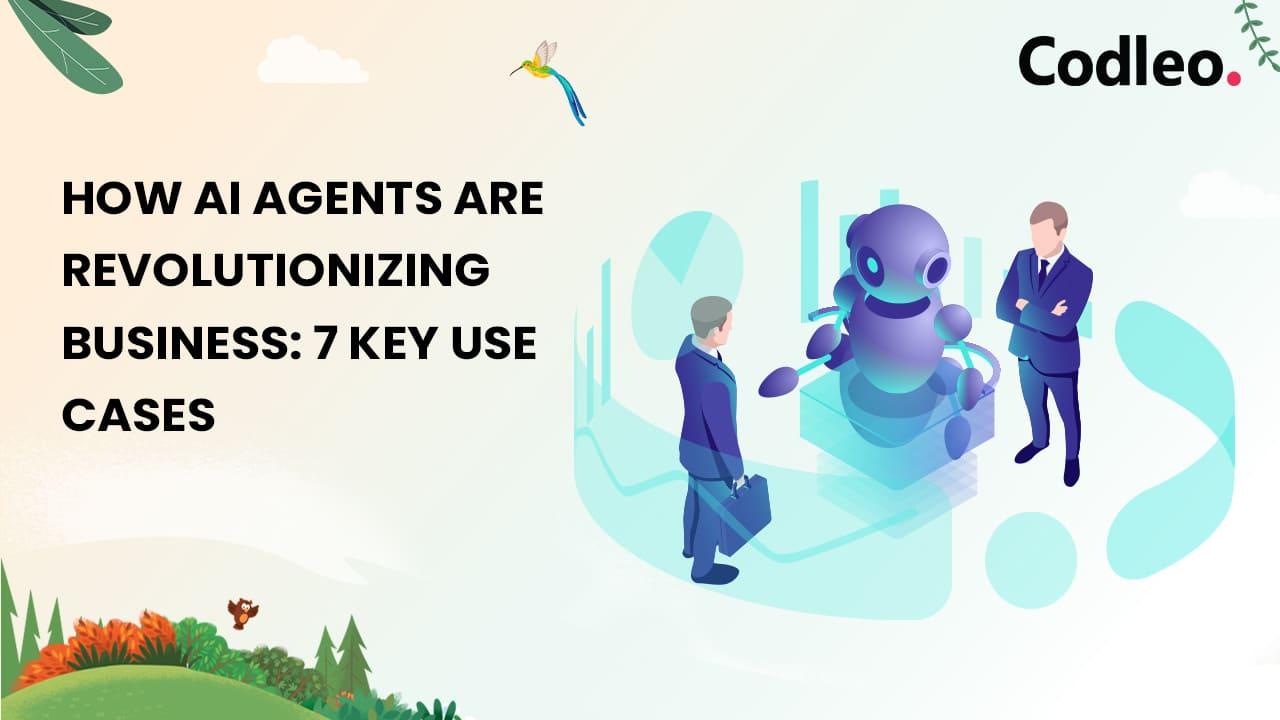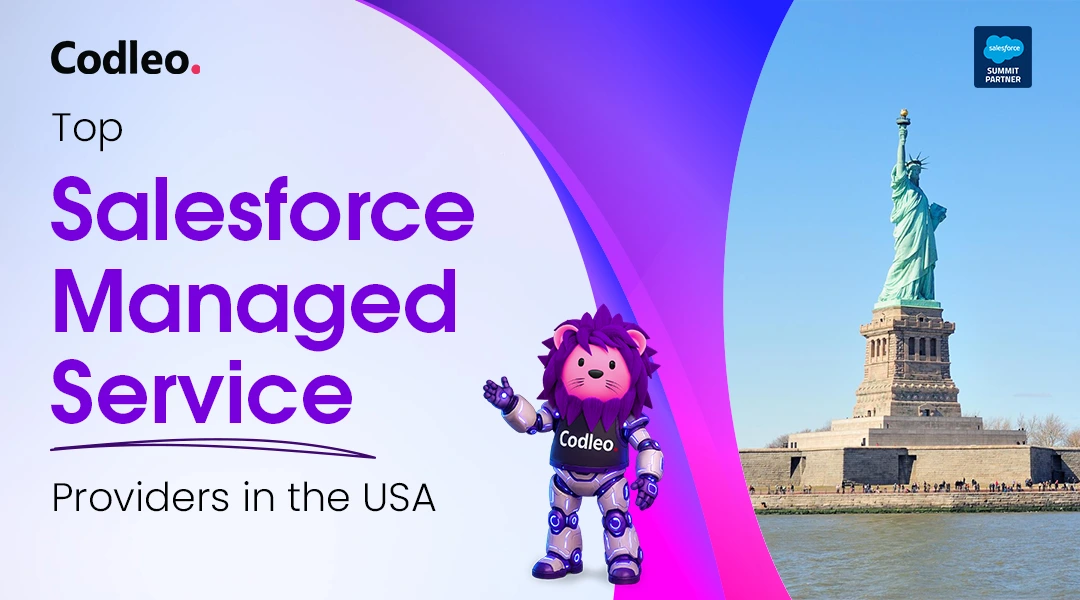
HOW AI AGENTS ARE REVOLUTIONIZING BUSINESS: 7 KEY USE CASES

Imagine a team of digital experts working tirelessly behind the scenes, analyzing data, perfecting every customer interaction, and boosting your business’s productivity to new heights. This isn't a distant dream – it's the reality with AI agents in the business world.
Think of them as your digital powerhouse, operating around the clock to give your business a significant edge. They uncover insights you never knew existed and enhance customer experiences with remarkable precision. Essentially, they’re transforming business operations, achieving what once seemed impossible.
What Are AI Agents? A Simple Overview
In simple terms, AI agents are computer programs that can perform tasks by making decisions based on their inputs, objectives, and surroundings. Unlike traditional automation software that follows fixed rules, AI agents have the ability to learn, adapt, and work independently.
AI agents take action to achieve the best results by considering both their past experiences and current inputs. They interact with their environment, which may include other agents, using sensors to gather information and actuators to respond.
Their capability to learn from each interaction makes them extremely valuable for decision-making and strategic planning.
Types of AI Agents
Exploring AI agents reveals a variety of types, each with unique functions and uses. Choosing the right type for your business can greatly impact your success.
Simple Reflex Agents
Simple reflex agents follow basic condition-action rules. They act based on their current perception, without considering past experiences. This makes them effective in highly structured environments where actions are straightforward.
Model-Based Reflex Agents
Model-based reflex agents use an internal model of the world, so they base their actions on both their current perception and their internal understanding. They can handle partially observable environments by keeping track of elements that aren't immediately visible.
Goal-Based Agents
Goal-based agents work with specific goals in mind. Every action they take is aimed at getting closer to their goal. This forward-thinking approach allows them to handle complex scenarios and make high-level decisions effectively.
Utility-Based Agents
Utility-based agents make decisions based on which option will provide the greatest benefit. They not only aim to achieve a goal but also select actions that maximize their overall utility, considering multiple possible outcomes.
Learning Agents
Learning agents improve their performance over time by learning from past experiences. They are ideal for complex, changing environments where continuous feedback helps them make better decisions.
Multi-Agent Systems
In multi-agent systems, several AI agents work together to reach a common goal. Each agent handles different parts of a process, such as in supply chain management, to manage complex scenarios efficiently.
Hierarchical Agents
Hierarchical agents are organized in a tiered structure. Higher-level agents set goals and constraints, while lower-level agents carry out specific tasks. This setup is useful in environments where tasks need to be managed at different levels.
How AI Agents Are Transforming Businesses: Use Cases
I. Customer Service
In an era where customer expectations are at their peak, businesses must provide top-notch customer support. According to a recent Salesforce study, 80% of users believe customer experience is just as important as the product or service itself. AI agents are excellent at delivering high-quality service—they can help customers find products, resolve issues, assist with checkouts, and more.
Advanced AI agents can learn from past interactions, predict customer needs, and even identify potential problems before they arise. Many use natural language processing (NLP) to understand text and speech, analyze customer sentiment, and address queries promptly.
II. Lead Generation
For 65% of businesses, lead generation is a top priority. AI agents play a crucial role in automating various aspects of lead generation, from capturing new leads to converting them into prospects. This helps shorten the sales cycle and increase return on investment (ROI).
By integrating with technologies like conversational AI and machine learning, AI agents can analyze important metrics such as customer buying history and cart abandonment rates. They help identify performance issues that affect conversions and allow businesses to refine their sales calls and outreach emails.
AI-driven predictive analytics can forecast which prospects are most likely to convert based on their previous interactions and behavior. This enables businesses to focus on the most promising leads and improve their results.
III. Recruitment
Hiring the right candidate can be a time-consuming process. Recruiters often spend around 30 hours a week on tasks like finding candidates, screening applications, setting up interviews, and working with team members.
AI agents can streamline these recruitment tasks. They can search job boards, internal databases, and social media to find the best candidates for any role. AI tools can also assess a candidate’s skills, qualifications, and fit with the company culture. HR teams can use the data from these tools to understand a candidate’s strengths, weaknesses, and overall personality.
With AI, HR departments can offer a more engaging and personalized onboarding experience for new hires, creating a positive first impression and fostering a successful employee relationship.
IV. Supply Chain
Supply chains are becoming increasingly complex and interconnected, making them more vulnerable. To address this, businesses are turning to AI solutions to enhance efficiency and resilience while reducing the need for human intervention.
Manufacturers use AI agents to manage inventory with greater accuracy. These agents analyze large amounts of data to forecast demand and adjust for unexpected changes in market trends, economic conditions, and seasonal variations. This helps prevent issues like understocking or running out of stock.
AI agents also improve warehouse operations by optimizing layouts. They assess material movement to recommend the best floor plan, reducing inventory travel time and improving accessibility. Additionally, they help determine the most efficient routes for workers, which decreases congestion and boosts fulfillment rates.
V. Cybersecurity
As cyber threats grow in number and complexity, integrating AI into cybersecurity has become crucial. The market for AI in cybersecurity is projected to reach $102 billion by 2032.
AI agents excel in advanced threat detection. Their sophisticated algorithms analyze large volumes of data to identify anomalies and potential threats in real-time, allowing for quick responses to new attacks.
AI agents continuously learn from past data, updating their algorithms to counter evolving threats. This adaptability is key to maintaining strong security. They also help reduce false positives in security alerts, ensuring more accurate threat detection.
VI. Financial Reporting
Traditional financial reporting is often slow and labor-intensive. Finance professionals spend time gathering data, verifying its accuracy, fitting it into reports, and ensuring compliance with the latest regulations. To simplify these tasks, many financial organizations are turning to AI.
AI agents are great at automating repetitive tasks like data entry, reconciliation, and review. This means auditors get accurate data without spending hours analyzing financial statements and balance sheets. They can then focus on more important tasks like financial planning and risk assessment.
AI also excels in financial forecasting. By learning from past data, AI agents can analyze financial statements, press releases, and economic trends to predict future trends and risks. This helps businesses plan ahead with greater accuracy.
VII. Project Management
Project management teams often face challenges like a lack of qualified staff, poor planning, and inadequate coordination. About 44% of project managers say resource shortages are a major obstacle. AI can help address these issues and improve efficiency and accuracy in project management.
For instance, AI agents can analyze historical data and current project details to predict outcomes and identify potential risks, allowing for proactive risk management.
AI agents also assist in resource allocation by considering both current needs and future requirements, ensuring projects are staffed with the right skills throughout their duration.
Additionally, AI agents can create detailed, actionable project roadmaps by analyzing project goals, ethical considerations, and deadlines. These roadmaps provide a clear, strategic guide for project execution.
The Final Word
AI agents are transforming various business areas, from customer service to cybersecurity. Their ability to learn, adapt, and make decisions on their own is helping businesses achieve greater efficiency and innovation. To fully realize the potential of AI agents, it's crucial to choose the right type for your specific needs. As shown in these examples, organizations that strategically use AI agents are not only optimizing their operations but also gaining a competitive advantage in today’s fast-moving market.
Latest Blog
Say "hello" to us and lets gets talking
Partner with the best team in the world for your CRM or other digital needs.
Contact Us




